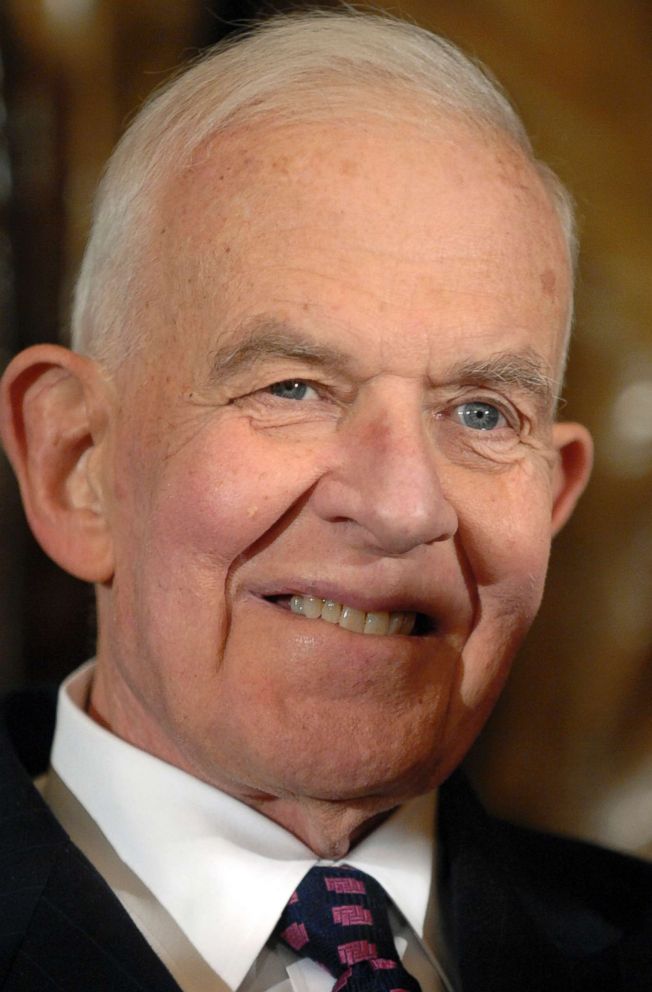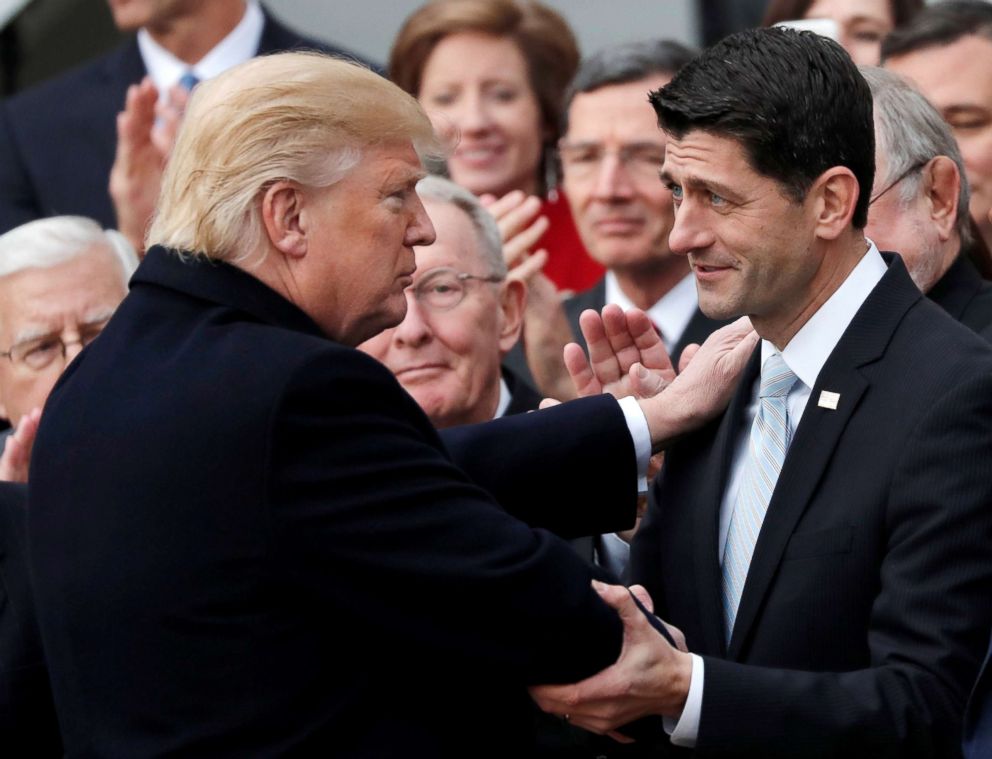Paul Ryan's exit marks another triumph of Trumpism: ANALYSIS
By announcing his retirement now, Ryan is getting ahead of a political storm.
House Speaker Paul Ryan has fashioned himself around many identities throughout what’s already been a long career in Washington.
He’s been a policy warrior, a budget guru, a committee chairman, a vice presidential candidate, a public foe of an unconventional GOP presidential nominee, and – finally and perhaps fatefully – the man who would shepherd the Trump agenda into law.
He didn’t want to be Tom Foley.
Foley was House Speaker in 1994 when a Republican wave ended four decades of Democratic control of the House of Representatives. Foley, D-Wash., lost his reelection race that year in a shocking upset, and Democrats wouldn’t regain the House majority for a dozen years.

By announcing his retirement from Congress now, Ryan, R-Wis., is getting out ahead of the gathering political storm. Though few thought he was in serious danger of losing in November, the same cannot be said for the House majority he leads.
“It is a big indicator that the speaker doesn’t think he’d be speaker anymore,” former Gov. Chris Christie, R-N.J., said on ABC’s “Powerhouse Politics” podcast Wednesday. “If you’re a betting person, you’re betting on the Democrats for the House in the fall.”
Ryan brushed aside such concerns, saying at his news conference Wednesday that Republicans will be “just fine” if they continue to do their jobs, in tandem with President Donald Trump.
But Ryan’s retirement is already being read as a signal to donors and even many of his own colleagues that he believes Republicans are likely to lose control of the House this year. Insiders in both parties expect more GOP retirements, and money that might have flowed to save the jobs of endangered incumbents is almost certain to wind up flowing elsewhere.
“His timing now is going to be interpreted as an acknowledgment that the House is lost. Donors are going to naturally shift their focus to the Senate,” said Dan Eberhart, an Arizona-based businessman and a major Republican donor.
It also leaves an already fractious Republican conference with a lame duck leader for the balance of the year. Ryan said he intends to “run through the tape” and complete his current term, but prospects for legislative advancement dim under the glow of possible leadership fights and fears of an electoral bloodbath.

More broadly, Ryan’s departure signals the ultimate triumph of Trumpism over conservatism and the Republican Party that Ryan came of political age in. Ryan, still now two years shy of this 50th birthday, was a disciple of former congressman Jack Kemp, reared in the Reagan years, with an abiding faith in open markets, limited government, and individual liberties.
He cultivated a relationship as a wonk’s wonk while earning a spot atop the House Budget Committee and as Mitt Romney’s running mate on the presidential ticket in 2012. In disposition and on policy matters, he could not have been more different than the man who took over the Republican Party four years later, with his economic nationalism and brash, even vulgar behavior.
Ryan held out his endorsement of Trump for a solid month after he essentially secured the presidential nomination. He then broke again late with the nominee, telling colleagues he wouldn’t help Trump win in the general election after the “Access Hollywood” tape emerged in October 2016.
Then came a new chapter for Ryan, one that may ultimately define his legacy more than anything in his two decades in public life. The Speaker largely put aside personal agreements with Trump to become the tip of his agenda’s spear – seldom allowing daylight between his public positions and the president’s.
“I'm grateful to the president for giving us this opportunity to do big things to get this country on the right track,” Ryan said in announcing his decision to leave Congress.
It’s an unlikely conclusion to a remarkable career that clashed with this improbable era in American politics. Ryan is walking away with much to be achieved, while Trump remains the dominant political figure in his party and in the country – with unpredictable consequences for all involved.




